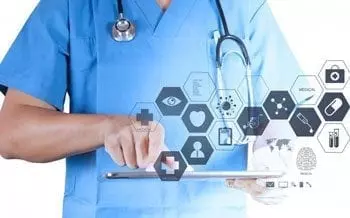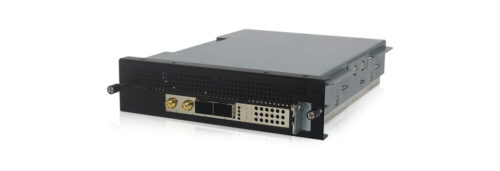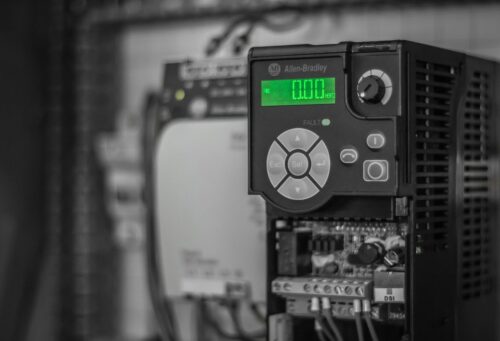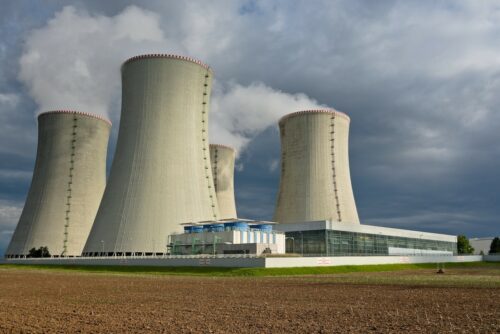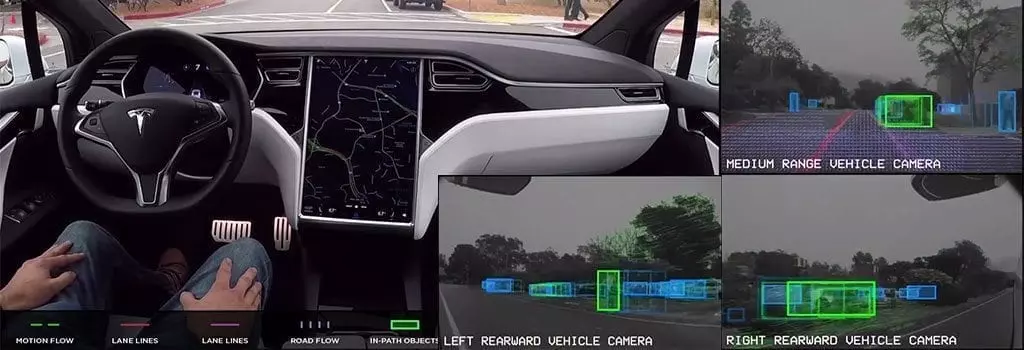
@img from Tesla.com
Ever since the field of artificial intelligence (AI) research was first established as an academic discipline in the 1950s, scientists from a diverse range of backgrounds including physics, mathematics, engineering and psychology have looked at the possibilities of artificial brains and intelligent machines capable of learning for themselves. After a promising start to life, early AI systems came to the attention of the business community and vast amount of time and research were poured into the commercial and industrial applications of artificial intelligence. Today, using modern technologies and resources such as big data, machine learning (ML) and vastly more powerful computers, AI and ML systems are being put to use in a plethora of different roles across a large number of industries. In this article, we’ll be looking at five industries that artificial intelligence and machine learning are transforming as well as their roles within that industry and how they could be used in the future.
What Industries Are They Transforming?
Let’s begin to see how they may affect different industries in different ways. Below are five industries where both artificial intelligence and machine learning are having a transformative effect.
Transportation
Every year around 40,000 people lose their lives in North America in road traffic collisions, 37,000 in the US alone. Most of these accidents are caused due to drunk, fatigued, cell-phone distracted driving and poor driver behavior. All human factors. Bringing Artificial Intelligence into play is aimed to take out all those factors and turn a completely human dependent car into just another automated machine that is able to “think” and “decide” on its own based on artificial intelligence. Driverless vehicle is one big example of what Artificial Intelligence is doing in the Mobility or Transportation sector. We are definitely in the transitional phase where intelligent vehicles equipped with multiple cameras and sensors are being tested to drive on their own under human monitoring or vice versa.
Machine Learning coupled with Machine Vision technologies are also being used to mine valuable insights into machines and vehicles to predict their wear and tear enabling transit operators to plan downtimes to avoid service interruptions. Predictive analytics fed by big data are also being used to achieve efficiency in route optimization and schedule planning.
Rolling stock and airplanes are already using autopilot systems where they may have a human operator / pilot presence only for situational take over. Eventually, we may see buses, taxis, commercial fleets and personal vehicles too going driverless as driverless technologies becoming safer and comparatively viable option to a human driver.
Manufacturing
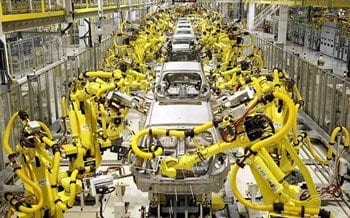 Nearly every stage of the manufacturing process is dealt with by machines that require at least some level of human intervention before they can operate efficiently. Artificial intelligence and machine learning are changing that by connecting all processes of a manufacturing company.
Nearly every stage of the manufacturing process is dealt with by machines that require at least some level of human intervention before they can operate efficiently. Artificial intelligence and machine learning are changing that by connecting all processes of a manufacturing company.
Concept of a Smart Factory is basically of an automated super-efficient manufacturing organization where Industrial IoT, AI. ML, Big Data and Cloud Computing technologies are integrated to achieve real time secure communication across departments and distribution channels, data is turned into analysis in the cloud based big data systems, the analysis provides AI software the intelligence to triggers a command for the machine or subsequent system to take an action. Now actions such as spotting a fault in a product or a part on the assembly line and getting the product design department to look into a replacement along with providing them data of exactly what needs to be fixed is not going to take weeks, but minutes.
Manufacturing can become even more autonomous with machines being controlled and monitored by other intelligent machines, rather than needing human intervention or guidance. AI and ML systems are helping manufacturers produce more efficiently using intelligent production management tools and predictive analytics. Manufacturers today want to run lean inventories with full visibility into the demand data from their distribution channels. The goal is to optimize the whole supply chain and distribution by sharing data and making intelligent decisions quickly about manufacturing, product enhancement and stocking. Efficiencies will translate in better pricing, happier customer, more robust businesses.
Healthcare
With the World Health Organization (WHO) estimating a global shortage of doctors and nurses of approximately 4.3 million, it is easy to see how AI and ML could help ease the strain on already overworked healthcare professionals.
Supplementing current healthcare workforce only accounts for a fraction of the driving force that is behind the explosion of AI / ML based healthcare solutions we have seen off late. Across different branches of medicine and healthcare, Artificial Intelligence and Machine learning are making disruptive advancements that will transform this sector in a truly revolutionary way.
ML will make a huge impact on predictive medicine which will significantly reduce the need for healthcare facilities and the extensive treatments. Cognitive healthcare ML systems will be able to predict likelihood of disease in a person based on the data available on his family, genetics, profession, lifestyle, and using it for an automatic comparative study and analysis in the ocean of big data available to them.
Diagnosis will be done at a speed and accuracy never possible before and all thanks to the development of advanced machine learning techniques and technologies, that will be able to recognize symptoms and corroborate this data instantly with the results of a magnitude of diagnosis data to determine the cause.
AI systems could also be built to recognize the results of x-rays, analyze genetic data and identify possible genetic predispositions and use personal AI assistants like Siri that interact with patients and can detect harder to read conditions like depression through analyzing vocal tone data, for example.
Finance
Technologies that are able to perform advanced predictive operations to calculate the probability of an event or scenario have always been popular in the financial industry. Artificial intelligence and machine learning technologies have proven to be no different. Rather than dealing with a traditional financial advisor, many potential investors could now use an intelligent machine to manage their portfolios and invest their money for them. By inputting some details about yourself and your investment style, AI and ML systems could identify the best ways to deal with your money based on the information you provided. In the future, we could see a world where entire economies are managed by one lone AI system.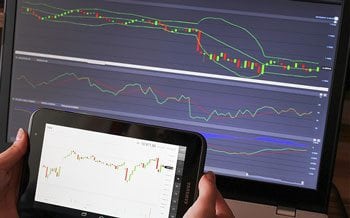
Cyber Security
The use of artificial intelligence and machine learning tools to predict, block and learn from suspicious activity is growing. One of the main hurdles for cyber security operators is the sheer number of alerts they have to deal with on a daily basis. The majority of these alerts will be false positives and can waste the time and resources of cyber security teams going through the process only to find out it was for nothing. AI and ML could help this situation by using their analytical and predictive capabilities to better identify actual threats in real-time.
The Future Of AI and ML
There are an almost innumerable amount of potential applications for artificial intelligence and machine learning with a vast array of different industries. Some of those industries that weren’t covered above include education, entertainment, defense, marketing, utilities, music and industrial agriculture. We can also be sure that, due to our increasing reliance on computer network and internet technologies that the potential uses for AI and ML will continue to grow as new ideas are developed and shared. It would seem safe to assume that of all the technological innovations that have occurred since the initial inception of artificial intelligence as a field of study, that, should the necessary machine learning techniques be developed and general artificial intelligence be created, it could fundamentally change not just the industries it was involved in, but our way of life as a whole.
